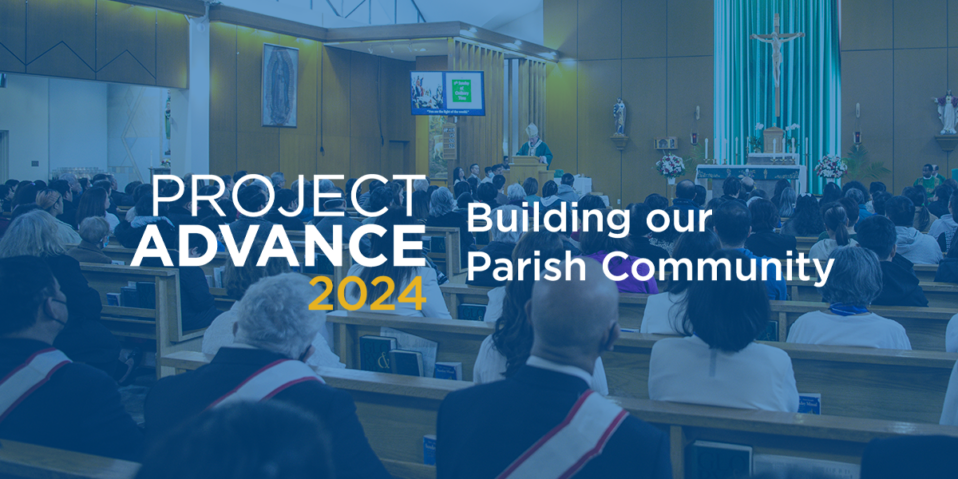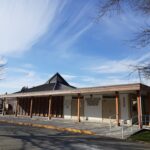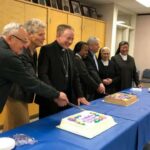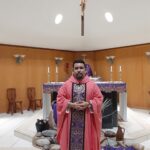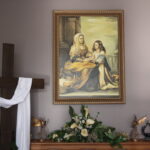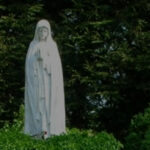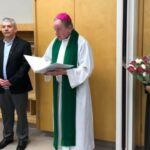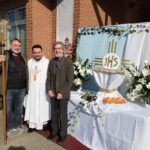Continued
III. BISHOP OF PIACENZA – Continued
ii. Pastoral Visits
In line with the Council of Trent and true to his model, St. Charles Borromeo, he firmly believed that governing a diocese requires direct contact between shepherd and flock, and so he went out as many as five times to find, or rather to search for, his sheep in their 365 parishes, 200 of which were in mountain areas, accessible only on mule-back, and in many cases, only on foot.
For him, these pastoral visits carried out in person, were first and foremost spiritual events, secondly a human occurrence, and lastly a canonical duty.
Such visits were preceded by popular missions, and consisted not only of large meetings with the people, but also of “purification and winning of souls,” and a grass-roots action that reached every category of believer – children, young people, women, workers, the sick, etc. – as well as the consecration of churches and cemeteries, the blessing of bells, etc. Indeed, there is probably no church in the Piacenza Diocese without its plaque commemorating some event celebrated by Scalabrini.
His love for souls, “for which Christ sacrifices everything, even his own blood,” enhanced his natural ability to deal with people, his affability and his attractive manner, which elicited a similar response from the faithful. This in turn provided such gratification and comfort for the pastor, that, hard as such visits must have been, he described them as “the dearest of my duties.”
A pastoral visit of this kind spurred the people to greater love of God, partly because they had personally seen the burning heart of their bishop; and the bishop could know his sheep individually, and grasp the condition of their souls at all levels: human, Christian, moral, economic and social, all painstakingly observed and recorded, with a report then sent to Rome.
Nor should we overlook the spiritual value of such visits for the clergy, for whom they were – as the bishop wrote in his first report – “an encouragement to a life of holiness, study, charity, prayer and zeal.”
It was on his first rounds that he discovered that 11% of the members of his diocese had emigrated.
This first pastoral visit was so exhausting that his staff thought he could never manage a second one. But in fact he managed a total of five!



